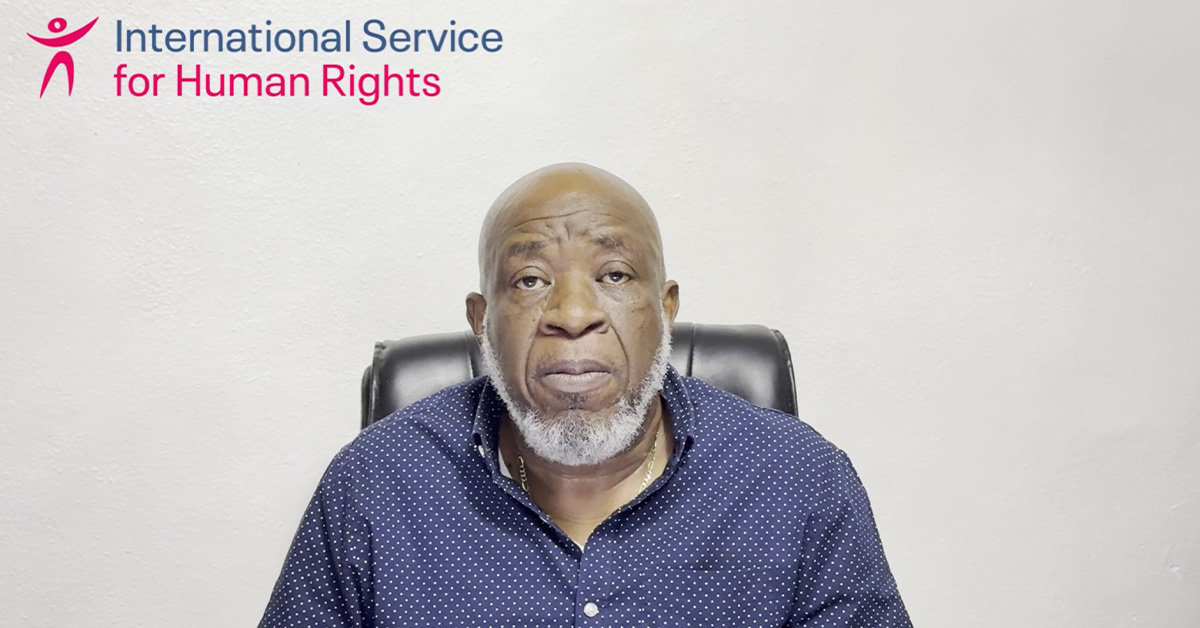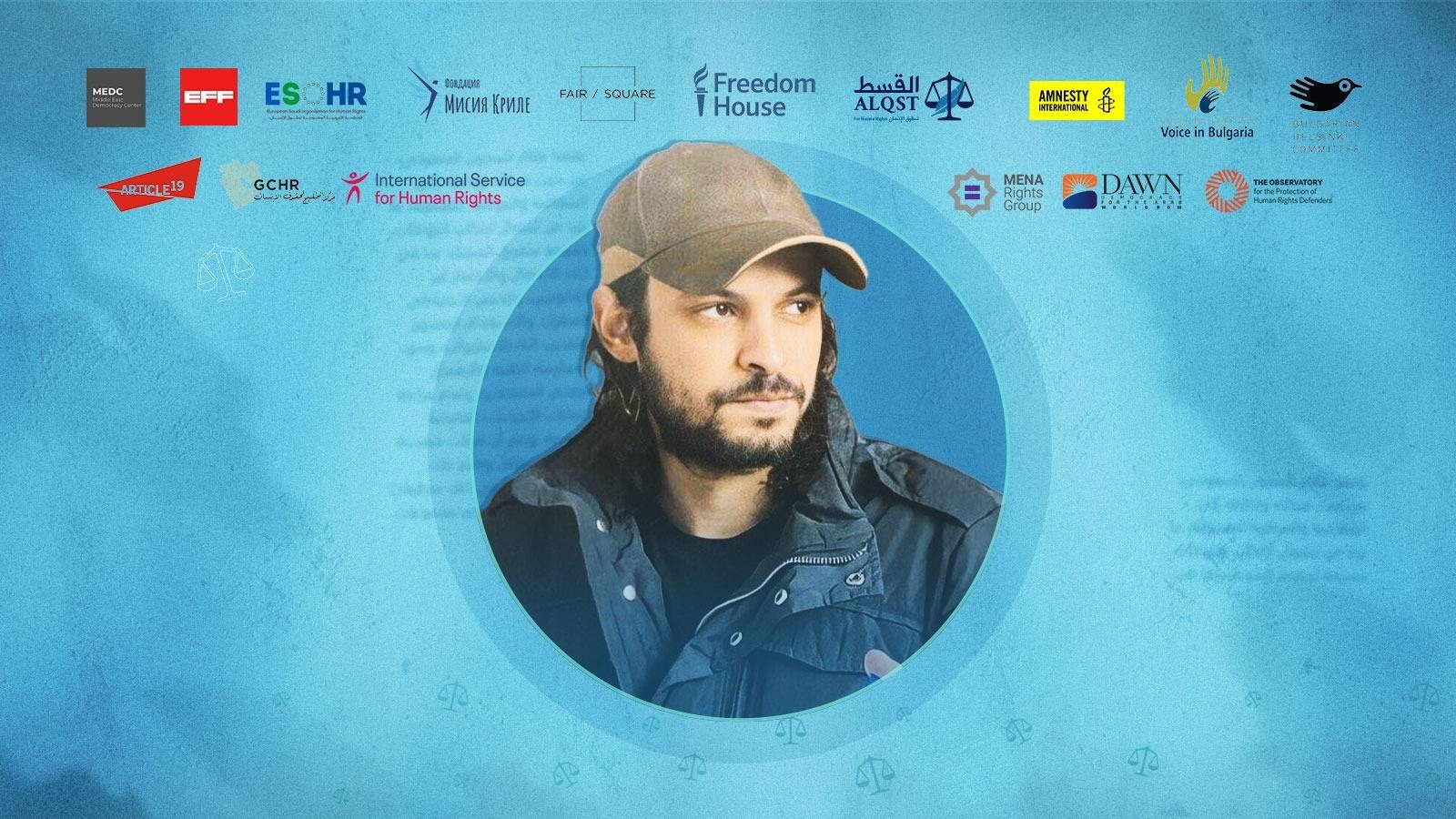On the afternoon of 7 May 2010, the Working Group on the UPR examined the human rights situation in Sweden. The delegation was led by Mr Frank Belfrage, the Secretary of State for the Ministry for Foreign Affairs. The Working Group widely commended Sweden on its overall commitment to human rights and for its inclusive consultations before preparing the national report. There was a variation in the degrees of praise and criticism; with Germany and Burkina Faso finding no cause to offer criticism or recommendations; and Iran and Cuba condemning Sweden’s human rights record, particularly with regard to racial discrimination. Specific questions and recommendations were made on the following issues:
- Requests for further legislative and other measures to combat intolerance and hatred, and crimes of racist, xenophobic, islamophobic or homophobic nature in light of worrying indications of a recent increase in such hate crime
- Issues pertaining to discrimination, including among other things denial of social services in particular health and education, to migrants, asylum seeking children, refugees, and women including Muslim women, and the increasing unemployment amongst disabled persons
- Minority groups, including an increase in cases of excessive violence by police forces against minorities, lack of equal constitutional protection and representation, and political, land and water rights of the Sami indigenous people.
- Concern over lengthy holding of vulnerable migrants in detention facilities and the need to consider alternatives to detention for irregular asylum seekers
- The need to take measures to redress the unequal gender representation in decision-making positions in government, universities, public institutions and for further action to be taken on women’s human rights, including increasing financial resources allocated to relevant programmes and rectifying the low prosecution rates for violence against women
- Restating concerns by the Committee on the Rights of the Child and CEDAW on the sufficiency of efforts by Sweden to combat trafficking of children for sexual exploitation, and requests for clarification on the reasons for not criminalising the selling of sexual services
- The insufficient information on the numbers and needs of homeless children, and the associated need to produce a national action plan and national survey on the matter
- The need to ratify the Convention for the Elimination of Discrimination; the Convention on Migrant Workers, ILO Convention 169, the Optional Protocol to the International CESCR, effectively and fully implement the UN Declaration on Rights of Indigenous People and withdrawing reservations to the ICCPR
The Swedish delegation, for the most covered by Mr Belfrage, took two opportunities to answer questions and to respond to comments. Several areas for recommendation were not fully addressed, such as a relatively loose commitment to look to establish a National Human Rights Institution in line with the Paris Principles. Following 52 state interventions, the Working Group’s review of Sweden ran over time, and a number of countries were not able to offer their comments.



